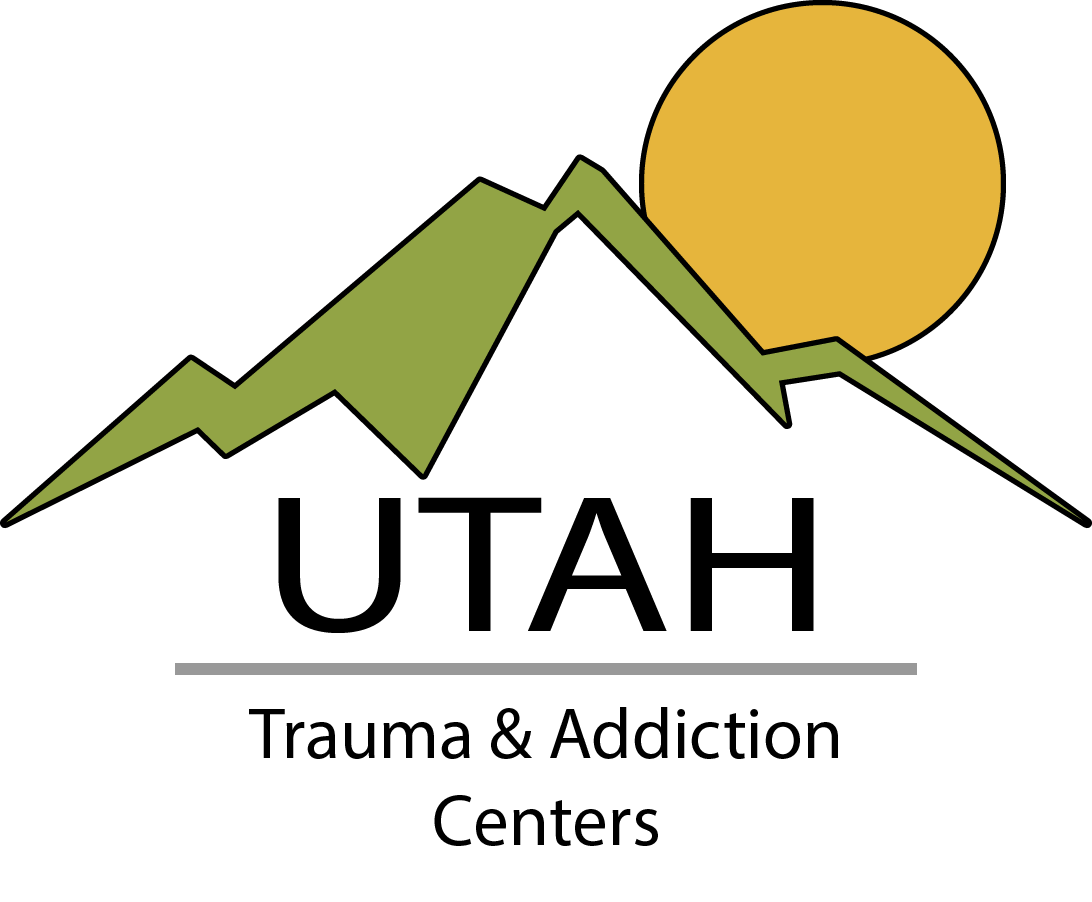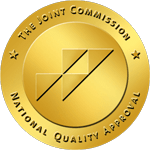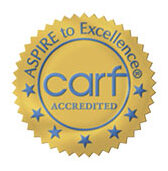Although our Christian Drug Rehab Center relies upon the healing power of God; we also understand the importance of combining spirituality (Faith Based Treatment) with the most current evidence-based treatment methods. Aside from daily incorporation of faith based treatment principles, we provide nearly 60 hours per week of a multi-systemic therapeutic approach. Some of the more common methods our clinicians utilize include but are not limited to:
- Altruistic: Encouraging an open-minded and selfless concern for the well-being of others.
- Anger Management: Helping the client express emotion(s) in a healthy/positive manner through examining triggers and raising awareness into their emotional state at each level of arousal and the client then responding with the appropriate coping skill.
- Case management: Providing the client access to resources beyond the therapeutic realm in order to have personal education/employment/living needs met; creating a greater chance for success and long-term recovery.
- Codependency: Excessive emotional or psychological reliance on a partner, typically a partner who requires support due to an illness or addiction.
- Cognitive Behavioral Therapy (CBT): Challenging irrational beliefs and thinking errors through various therapeutic tools which strengthens the client to recognize unrealistic perceptions and maladaptive behavior patterns.
- Core Process: A contemplative form that facilitates recovery by providing an atmosphere of safety, privacy, security, and freedom of expression in order to elicit the necessary discoveries and responses from the client.
- Daily Living Skills: Various skill sets and practice opportunities ranging from finances to hygiene, etc., to promote a healthier lifestyle required to mainstream back into society, yet remaining your true authentic self.
- Dialectical Behavior Therapy (DBT): A form of psychotherapy originally developed to treat people with Borderline Personality Disorder. DBT combines standard cognitive-behavioral techniques for emotion regulation and reality-testing with concepts of distress tolerance, acceptance, and mindful awareness largely derived from Buddhist meditative practice. Current research indicates DBT is highly effective with sexual trauma survivors and substance abuse.
- Emotionally Focused: Helping the client heal from past/present trauma by resolving unpleasant and suppressed emotions. The Client recognizes their emotions as a source of underlying symptoms which previously enabled them to use drugs as a faulty coping mechanism.
- Evidence-based: The utmost regard to the client, adhering to what current research recommends in congruence with providing the best treatment and/or level of care. Performed systematically and empirically requiring approval of a peer-reviewed committee prior to publishing and general acceptance.
- Experiential: Alternative therapy not readily researched mainly due to accessing the client’s unique individual needs. The primary goal is to help them re-discover their true authentic self by any safe and creative means necessary.
- Faith Based Treatment: Faith based treatment is when you are utilizing any and all spiritual means necessary for the client to develop a higher self-esteem as well as awareness and relationship with their higher power in a non threatening or coercive manner in our Christian drug rehab.
- Family Therapy: Immediate support network helping the client achieve goals related to sobriety and overall recovery (not limited to biological relatives only).
- Functional Family: A family-oriented approach helping the family cope with the difficult underlying causes and conditions brought on by addiction. Through various strategies, negative behaviors that lead to serious effects from maladaptive behaviors are cut off and a more pleasant home life is achieved.
- Gestalt: Staying in the present and developing a higher awareness of feelings to identify the patterns and behaviors that need to be changed. Define what is truly being experienced versus what is merely an interpretation of the event(s).
- Group Therapy: A community where two or more clients are able to share experiences and learn that others feel the same way, and can relate by overcoming their terminal uniqueness.
- Individual Therapy: Sessions with only the patient and therapist in a one-on-one setting.
- Internal Family Systems: Each sub-personality of the mind possesses its own characteristics and perceptions (“parts”). These parts play a distinct role in achieving self-preservation. Every part within a person is responsible for either setting healthy boundaries or can result in acquiring dysfunction and/or disharmony in behaviors, actions or reactions. Any extreme negative roles developed require transformation through the therapeutic process.
- Interpersonal: Increasing self-esteem by relating to relationships and/or developing communication skills with others.
- Journaling: Communication of feelings in a non-verbal or physical way; allowing the freedom of expression without fear of retaliation, frustration or humiliation. Gain insight into hidden facets of behavior making extremely subjective scenarios better seen from an objective point of view.
- Motivational Incentives: Clients are consistently rewarded for their program compliant behaviors in a prompt manner to reinforce the healthy decisions relating to their goal and treatment plan accomplishments.
- Motivational Interviewing: Ambivalence is addressed in a non-confrontational, positive environment to help the client become receptive and autonomous to the healing process, rather than engaging the client’s defense mechanisms.
- Multigenerational Transmission Process: Entails how the family’s emotional processes and projections are maintained over generations. The family’s particular ideology and idiosyncrasies are passed on over generations reinforcing the beliefs of the often negative and dysfunctional behavioral patterns unchallenged or further evaluated.
- Parent Child Interaction: A solution-based model where the parent-child relationship is transformed between the two parties. Parents learn and become empowered with techniques to allow them to provide a beneficial environment of caring and nurturing without becoming an enabler to their child. Furthermore, the child learns to relinquish negative behaviors in favor of a prosocial, positive behavior.
- Psycho-education: Providing client’s various educational life lessons through the psychology of cognitive restructuring.
- Psychodynamic: The interrelation of the unconscious and conscious mental and emotional forces that determine personality and motivation.
- Psychotherapy: Treatment of illicit substance use/mental disorder by psychological rather than medical means.
- Rogerian: The belief that every human being strives to find their own fulfillment and potential. Carl R. Rogers stated that, “Individuals have within themselves vast resources for self-understanding and for altering their self-concepts, basic attitudes, and self-directed behavior; these resources can be tapped if a definable climate of facilitative psychological attitudes can be provided.” (Carl R. Rogers. Way of Being. 1980, p.115-117)
- Shame-based: Maladaptive behavior pattern where an individual is raised in an environment conducive to adopting extreme defense mechanisms/coping skills such as alcohol, sex, drugs and isolation.
- Solution-based: A systematic approach dividing up client goals/crisis into smaller more manageable portions focusing on what the client wants to work on and can immediately accomplish without feeling so overwhelmed.
- Systems Theory: Incorporating the external subsets that exist in a client’s environment such as family, school, work and community into their personalized individual treatment.
- Terminal Uniqueness: A belief that keeps you from progressing due to pride or egotism that you are so unique that the rules of life do not apply. It is commonly used for the person who believes that nobody in the world has ever had problems as bad as yours before. The possibility of death emerges if you do not promptly improve this attitude which gives rise to the word terminal.
- 12-Step Method: 12 sequential guidelines established to help a client obtain spiritual progress (faith based treatment) in conquest of becoming alleviated from their disease and affliction of addiction.










